Idlib War: The End of Syria's Proxy War
(Baonghean) - These days, the war in Syria is heating up both on the ground and at the negotiating table. President Bashar al-Assad's army has liberated the city of Aleppo, but Idlib is the last and most important stronghold to liberate the country after 9 years of civil war.
"Lightning Victory"
That is the assessment of the Syrian Observatory for Human Rights after the Syrian government army completely liberated the city of Aleppo, thereby putting an end to terrorist shelling of the country's second largest city.
This victory is very important for the Syrian government, because Aleppo is one of the most difficult strongholds that the Syrian government army has lost in 9 years with many campaigns carried out to gain control.
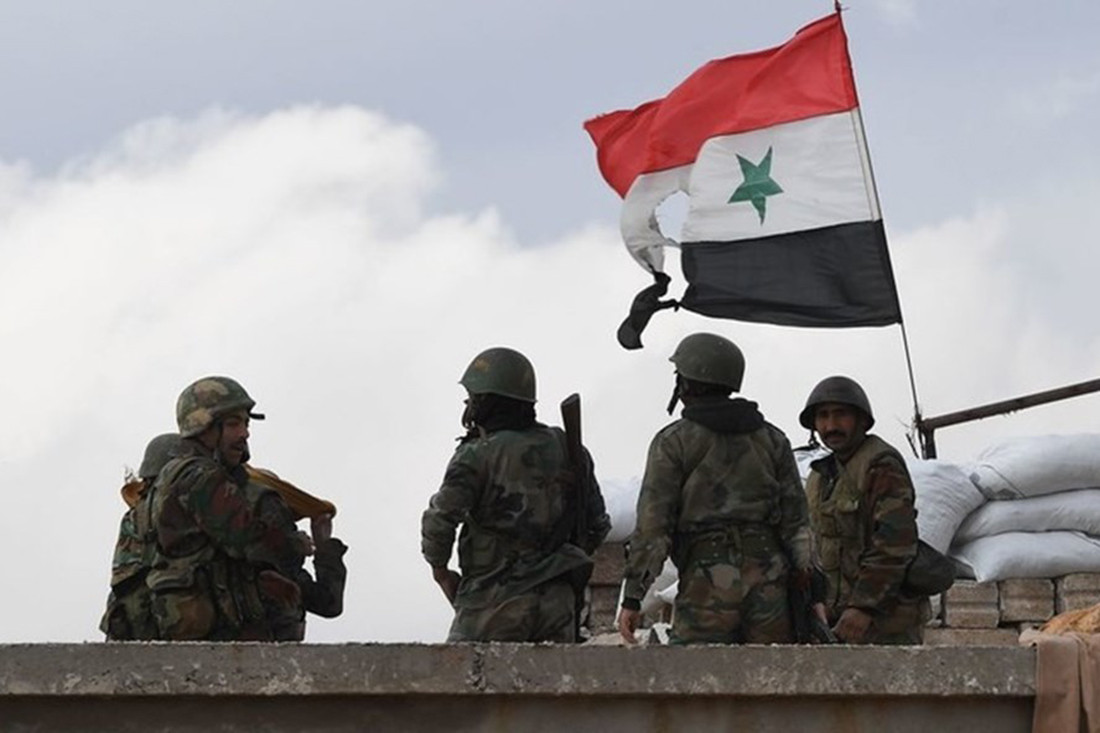 |
| Syrian army takes full control of Aleppo. Photo: Sputnik |
Aleppo was liberated in 2016 in a joint operation by Russian and Syrian forces, but anti-government factions still hold out in nearby suburbs and villages, from where they regularly launch shelling into the city center, causing heavy damage to both civilians and infrastructure.
The complete liberation of Aleppo means that the country's vital routes connecting the north and south of Syria are opened, opening the connection between Damascus and the largest economic center in the northern region of the country. Victory in Aleppo will also pave the way for the Syrian army to advance to Idlib - the last important stronghold. This is a very important territory as it controls most of the oil and is the most important source of revenue for President Assad's government and is a strategic security area adjacent to Türkiye.
Not to mention, this is the last stronghold of opposition, terrorist, and extremist forces that Syria also wants to liberate or completely control. Therefore, if Idlib is liberated or completely controlled, it means that the Syrian government, with the support of Russia and Iran, has won both on the ground and on the regional and international stage.
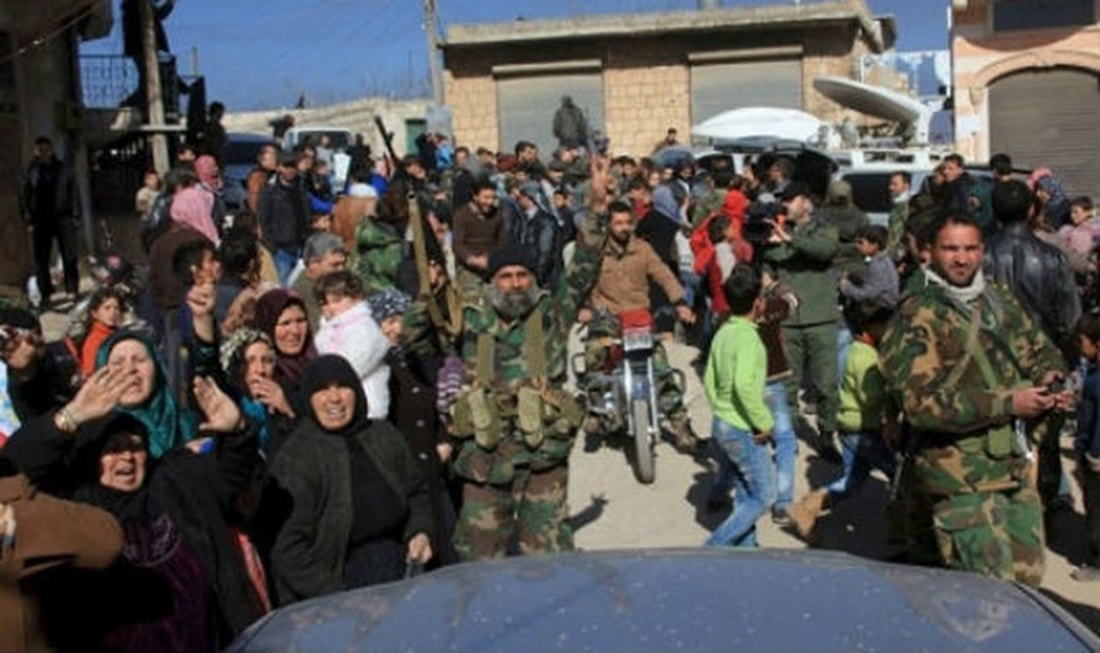 |
| Syrian people and soldiers celebrate after liberating Aleppo city. Photo: BBC |
The time has come?
In fact, Idlib has always been one of the hottest spots on the Syrian war map since 2011 when the civil war broke out and anti-government forces and terrorists controlled this land. Along with other key cities, the Syrian government has always tried to liberate Idlib through various military campaigns but without success.
In 2018, under a deal between Türkiye and Russia, the Syrian government pledged to ceasefire in Idlib to create a demilitarized zone where opposition groups could withdraw. However, in April 2019, Damascus launched an operation supported by Russian air power.
Several ceasefires later collapsed, and by December 2019, forces loyal to the government had stepped up air and ground operations. Conflict continued to escalate in Idlib, with Syrian government forces launching attacks that have killed several Turkish soldiers in the past month. Russia and Syria said the campaign there was targeting rebel fighters, while Türkiye accused them of targeting civilians.
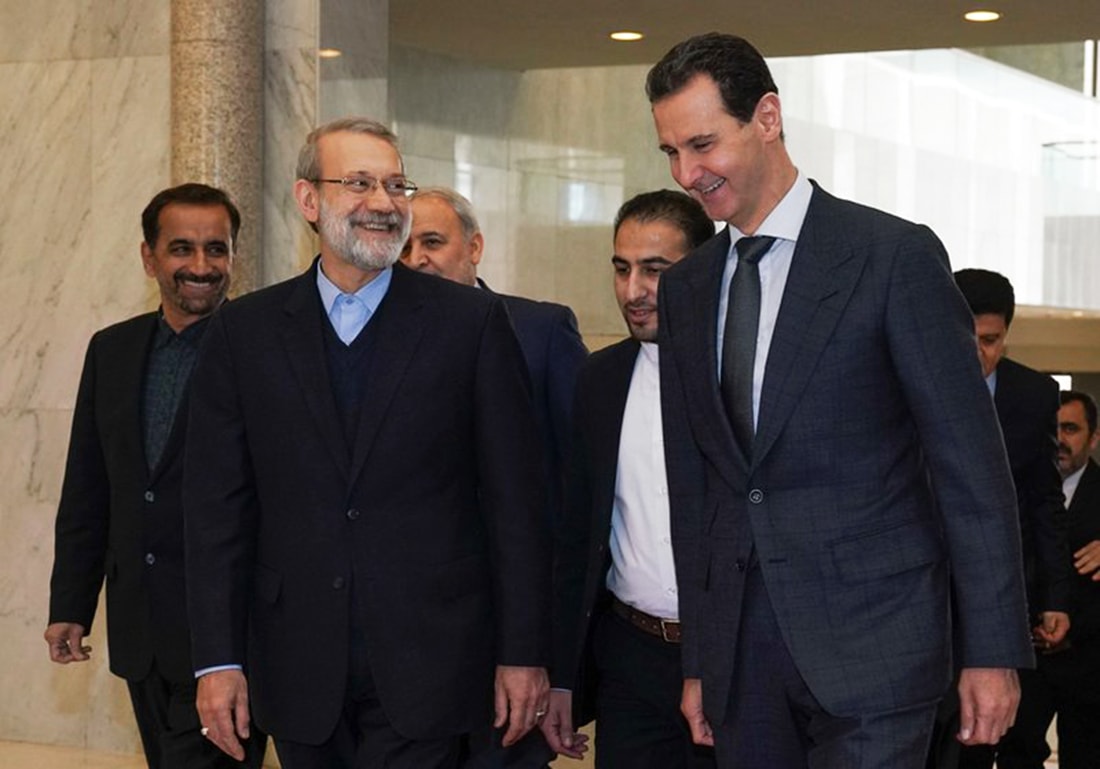 |
| Syrian President Bashar al-Assad (right) meets with Iranian Parliament Speaker Ali Larijani on February 16. Photo: AP |
The problem is that Idlib is not like other parts of Syria. This battlefield is a complicated and confusing “chessboard” where a proxy war in Syria is most clearly reflected, with Syria supported by Russia and Iran on one side and the opposition supported by Turkey and the US on the other. In particular, for Türkiye, Idlib can be considered a security buffer zone.
First, by controlling Idlib, Türkiye will reduce the security threat and the risk of attacks by the Syrian Kurdish forces and the Kurdistan Workers Party, which it considers terrorists. Second, this intervention is a matter of bargaining with the EU on the issue of refugees from Syria to Europe, as well as bargaining with Russia and the US on many other issues related to security, military and economy.
If Türkiye withdraws from Idlib, it will endanger all the areas that its forces have liberated from terrorist groups. In other words, Türkiye does not want to lose control of Idlib, because that would undermine its national security strategy.
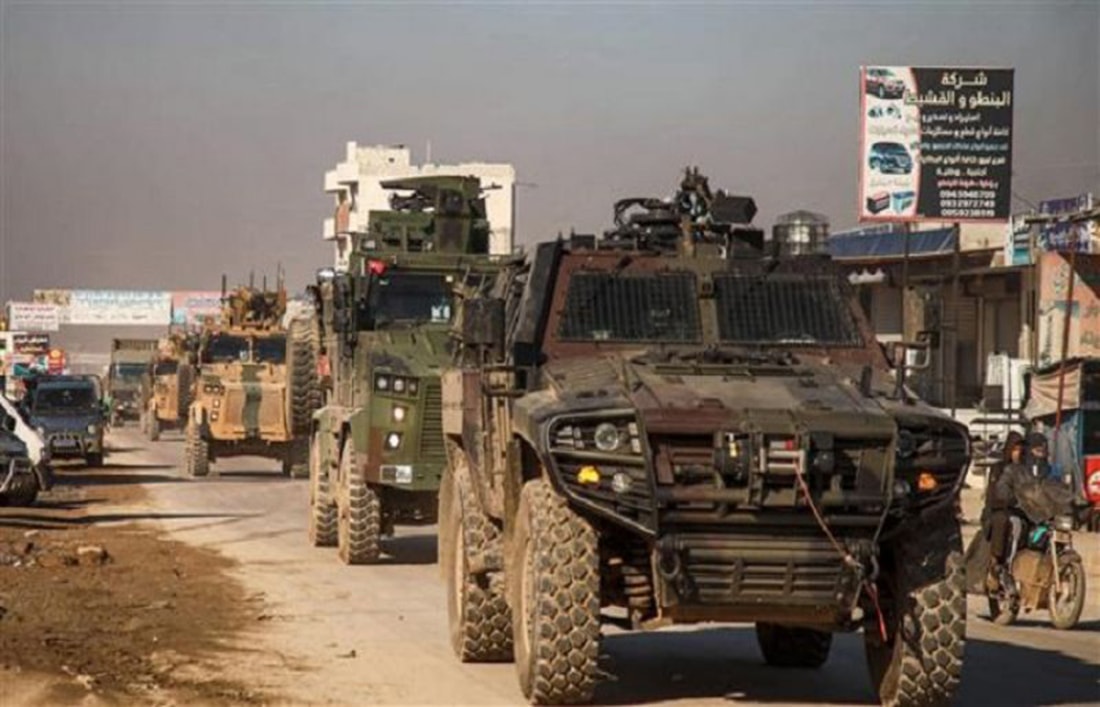 |
| Turkish military convoy enters Idlib. Photo: Hidayat |
Faced with this danger, Turkish President Erdogan issued an ultimatum stating: by the end of February, if the Syrian government forces do not withdraw completely from Idlib, “the Turkish army will take action” and can attack any part of Syria. Given the importance of Idlib, Mr. Erdogan’s warning is probably not “empty talk”.
Therefore, the risk of a direct clash between Türkiye and the Syrian army is increasingly present, especially after President Assad's army won in Aleppo and is advancing to Idlib, considering this a favorable opportunity to completely liberate the country. But will Russia, as an ally of Syria, let Türkiye launch a decisive battle in Idlib? With the role of "controlling the game", Russia will certainly be the final decider for the "fate" of Idlib. And the negotiations over the past week and the important meeting on February 17 between Turkish and Russian officials are said to have a decisive role in the fate of Idlib.
According to observers, Idlib is still Syrian territory after all, and Türkiye's request for Syria to stop what it calls a "terrorist operation" is considered unconvincing. Therefore, Ankara's "fighting" is simply to put pressure on Russia at the negotiating table to reach a new agreement, in which Türkiye will continue to have a presence in Idlib in some form.
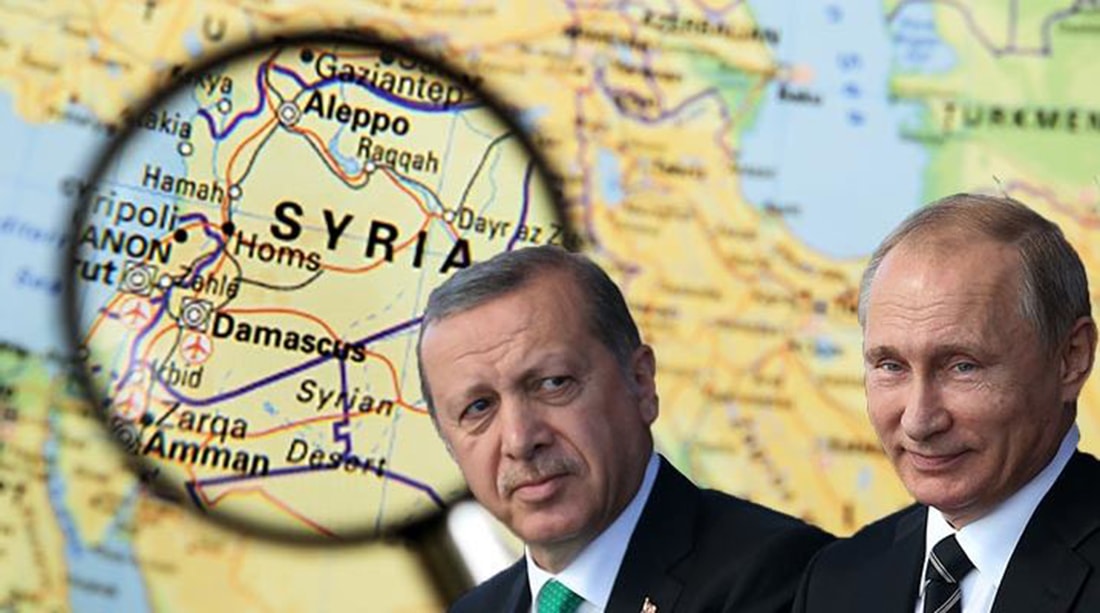 |
| Russia and Türkiye - two proxy forces that decide the Syrian political chessboard. Photo: Getty |
Because if Turkey completely loses control of Idlib, it will mean that all the other areas that Türkiye has gained after the three operations “Euphrates Shield”, “Olive Branch” and “Peace Spring” will be “down the drain”. Moreover, Ankara will not gain anything by attacking Syria and directly confronting Russia. Because Ankara still needs Moscow to prevent new refugee flows in northwest Syria. Relations with Russia are also important in promoting Türkiye’s interests against the Kurds east of the Euphrates.
The current war in Syria shows that the government forces of President Assad and Russia are in the proactive position, so choosing the "ending" for the war in Idlib is in the calculation of the "leader"!
